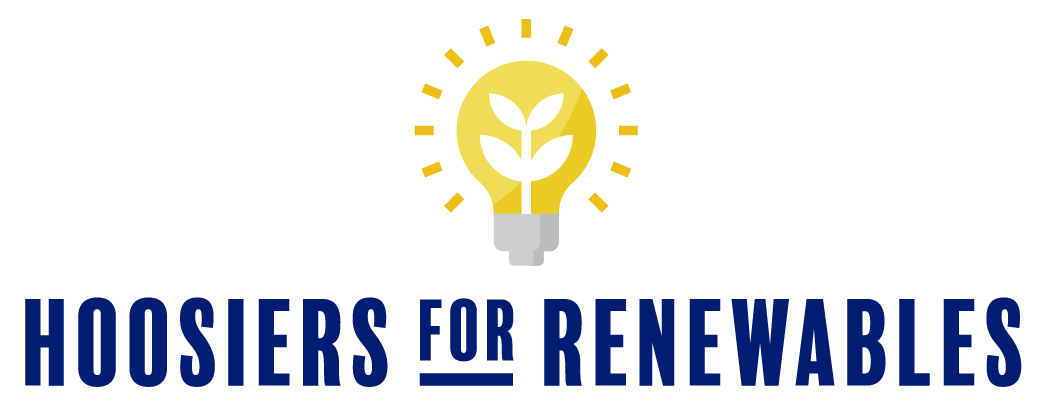DeKalb County Commissioners Consider Rejecting Private Sector Investment while Using Federal Funds
Dekalb County Commissioners jumped on an opportunity last year to fund six local projects using federal taxpayer funds but are now throwing away an opportunity to use private sector investments to bring additional benefits to county residents.
The Commissioners decided last April to use the federal money to pay for six local projects out of 24 identified for funding.
Today, there is an opportunity to provide additional funds for the community – money that comes NOT from taxpayers and Washington, D.C., but from private companies – and that’s from solar energy and the tens of millions in economic benefits it would bring. Many Hoosier counties are seeing millions of dollars in private investment from solar projects invested locally, an opportunity that is also possible for DeKalb County – if county leaders don’t mess it up.
No one can fault the Commissioners for putting the federal funds to good use in the county. But it’s mind boggling that they would risk losing millions of dollars of private sector funding. That additional investment could fund services like the Sunny Meadows County Home, which only received $150,000 of the $1 million identified in necessary funds, or upgrades for law enforcement, or the $2 million in upgrades needed to bring highspeed Internet. Private sector solar investment would pay for these needs without requiring additional tax dollars. Why are DeKalb County Commissioners willing to accept money from Uncle Sam but not from private business?
Last year – about the same time Commissioners were finding good uses for federal dollars in the county -- they also approved a solar ordinance. The ordinance would allow reasonable solar development, on land voluntarily and temporarily leased by private property owners. The ordinance balanced development with consideration for neighbors, requiring setbacks from neighboring homes, vegetative screening and appropriate decommissioning and removal when the project ends, so the land can be returned to farming. It was a good move. The decisions made by Commissioners last year brought both the promise of federal funding and private sector investment to Dekalb County.
Now it seems Commissioners want only tax dollars and favor sending a message that private sector investment is not welcome. There is talk of changing the ordinance, making the business environment hostile to solar, chasing away private sector investment and their economic development, losing the ability to fund those critical projects.
With their newfound hostility to a private sector solution, what services won’t be funded at Sunny Meadows? Who’s loved one will wait for care or attention due to shortages? What employment and educational opportunities will be lost for families in rural DeKalb due to poor internet service?
Looking at other Hoosier counties, we can see what Commissioners may be saying “no” to:
In Western Indiana, three counties joined together to deliver fiber direct-to home for 75% of the population thanks to funds from wind farms;
And on the eastern edge of Indiana, Randolph County is using renewable energy payments to fund a $4 million project that delivers border-to-border broadband service for residents;
LaGrange County, through its future Cherry Hill Project, is projecting a contribution of up to $9 million over that project’s lifetime to local schools, another $5 million in local taxes and some $500,000 to local fire departments.
Hoosiers across Indiana talk about the benefits private investment from renewables has delivered to their counties.
DeKalb County Commissioners made good decisions in the fall of 2021 that opened the door to all kinds of investment (Public and Private). Now they only want to keep the welcome mat for federal tax dollars while yanking it away from private business. That is not just bad policy, it hurts everyone in the County.
Tell Commissioners to support private sector opportunity and to leave the solar ordinance alone. Write them today, before the opportunity is lost.

